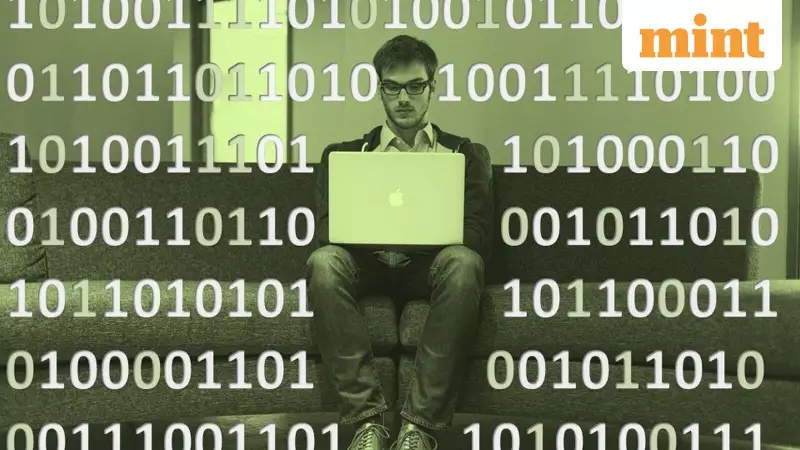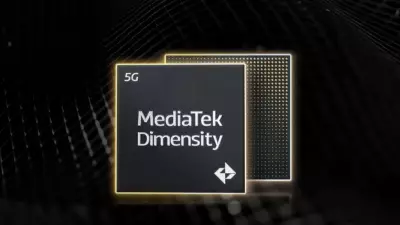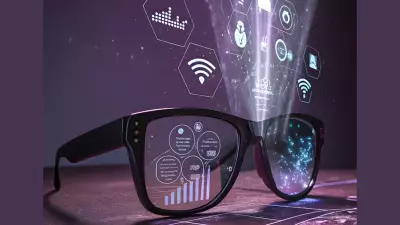
The artificial intelligence revolution is transforming global economies and creating unprecedented wealth, yet it's being met with widespread public anxiety rather than celebration. Unlike previous technological breakthroughs that sparked optimism and excitement, AI is generating what many describe as the most joyless tech transformation in generations.
The Stark Contrast: Dot-Com Optimism vs AI Anxiety
Recent surveys reveal a dramatic shift in public attitude toward new technologies. Back in 1995, during the dot-com boom, 72% of Americans expressed comfort with emerging technologies like computers and the internet, with only 24% feeling uncomfortable. Today, those numbers have completely reversed. A summer survey conducted for CNBC found that just 31% feel comfortable with AI, while a substantial 68% report feeling uncomfortable with the technology.
The dot-com era, despite its excesses and absurdities, shimmered with optimism and adventure. Everyone from Fortune 500 CEOs to college dropouts had web-based business ideas, and demand for digitally skilled workers skyrocketed. In contrast, today's AI optimism is largely confined to technology architects and executives focused on reducing headcount, while workers worry about being replaced by AI or by someone who knows how to use it.
The Economic Disconnect: Soaring Markets vs Sinking Sentiment
The financial impact of AI has been nothing short of spectacular. Since ChatGPT's release in November 2022, the market value of the "Magnificent Seven" tech stocks—including AI leaders like Nvidia and Microsoft—has surged by an impressive 169%. The wealth generated by these gains, combined with massive corporate investments in data centers, has contributed to healthy economic growth indicators and household financial data.
Yet this financial success story isn't translating to public confidence. According to the University of Michigan, consumer sentiment remains near record lows. While cost of living pressures contribute significantly to this disconnect, AI appears to be another crucial factor. The very technology powering stock market records might be eroding Americans' sense of well-being and control.
Micah Roberts, a partner at pollster Public Opinion Strategies which conducted the CNBC survey, explains: "The AI fear is one hunk of meat in a stew of distrust and grievance that has been marinating for a long time."
Beyond Job Losses: The Deeper Psychological Impact
The concerns surrounding AI extend far beyond immediate job displacement fears. The technology's incomprehensible nature and unpredictable behavior create fundamental unease. Even AI modelers themselves often cannot explain why their models produce specific outcomes, adding to the sense of mystery and potential danger.
John Finger, a 27-year-old personal banker from Lady Lake, Florida, embodies this anxiety. With a 4-month-old son and doubts about ever affording a home without parental help, he worries that AI might eliminate potential career advancement opportunities in banking. "There are back office jobs that pay a lot more money, but if AI is as powerful as they say it is, and I have my doubts, those jobs are going to be gone," he expresses.
Peter Atwater, an economist who lectures at the College of William and Mary and studies consumer confidence, observes that his students become increasingly uncomfortable with AI as they learn more about it. "AI has gone from being a useful, timesaving tool for papers and research to a threat to entry level jobs, higher utility bills, environmental concern about water and farmland turned to data farms," Atwater notes. "I suspect the reasons not to like AI will likely grow."
The Political and Regulatory Landscape
Despite public apprehension, AI currently enjoys favorable political winds. The Trump administration has prioritized dismantling regulatory barriers to AI development and competing with China in the technology race. However, public opinion might eventually force a shift in this approach.
A poll by Narrative Strategies found that only 40% of respondents believe the AI industry can be "trusted to do the right thing"—significantly lower than the 62-63% who expressed trust in finance, energy, or healthcare sectors. When asked about government regulation, 57% said technology and AI need more oversight, well above other industries.
This public sentiment echoes historical patterns seen with nuclear power—another transformative technology that promised enormous benefits but never gained public comfort due to safety concerns. From 1978 to 1990, overwhelming public opposition to new nuclear reactors essentially halted deployment, with the industry only now experiencing revival—ironically, to power AI data centers.
While AI evangelists believe the technology's economic and computational force makes it unstoppable, its success will depend on more than just technical capability. As the current climate demonstrates, technological transformation cannot thrive in an environment of public fear and distrust, regardless of its economic potential.





